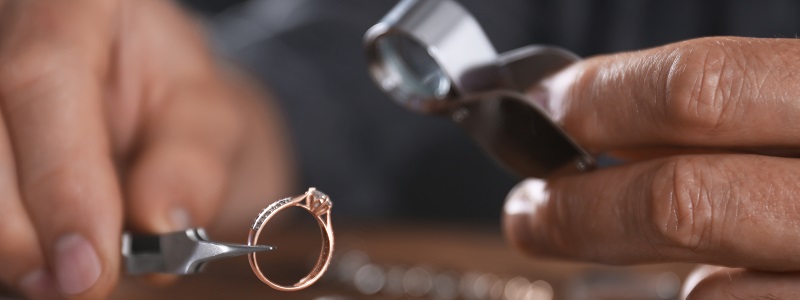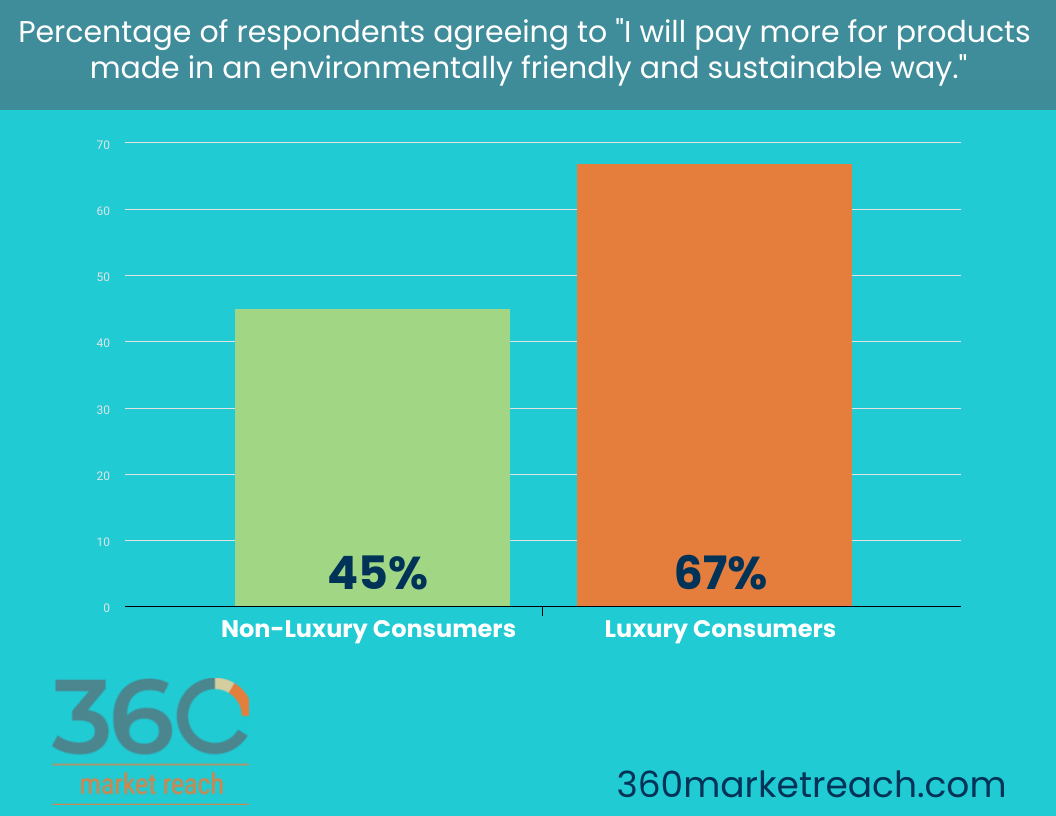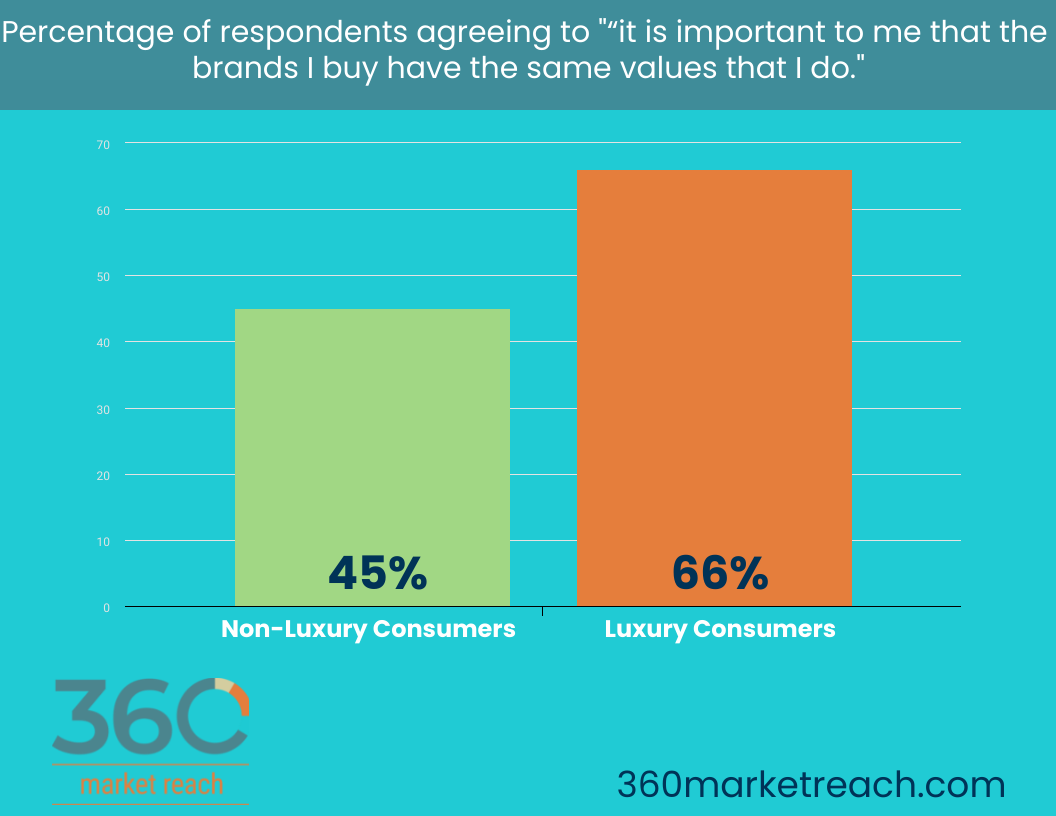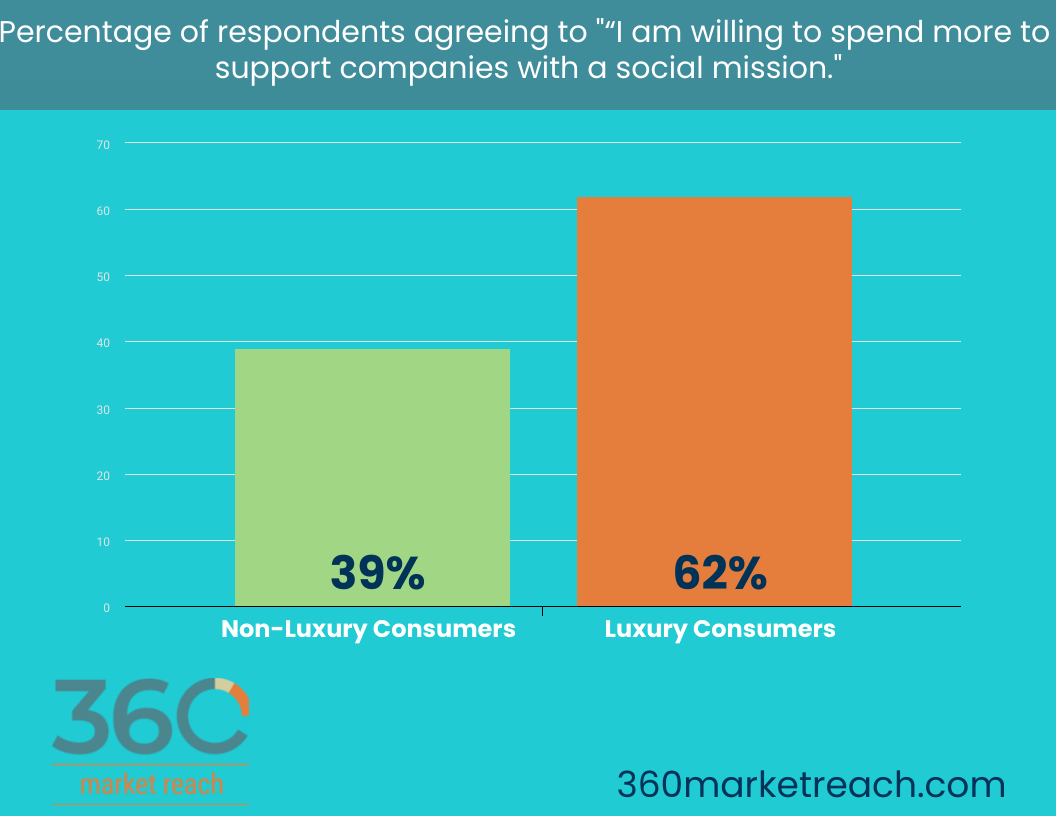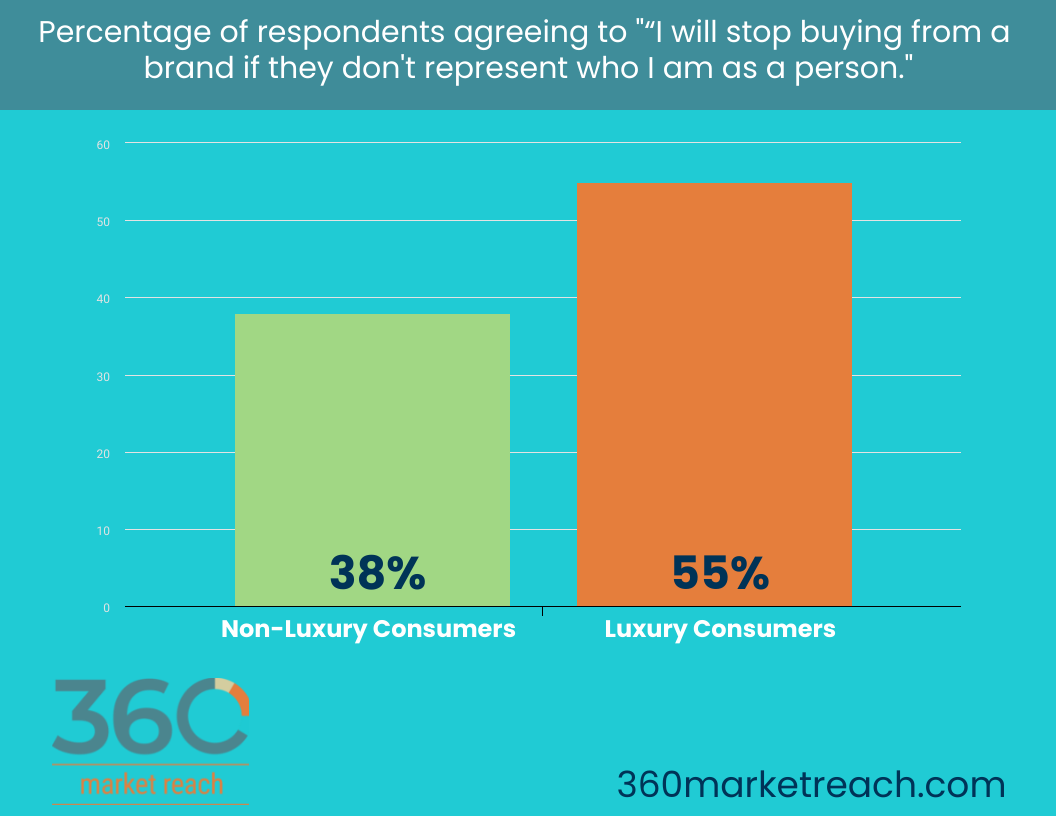Purpose-driven luxury is a trend among consumers that’s spreading like wildfire.
Luxury customers are increasingly concerned with how their favorite goods are produced — even if it means paying a higher price.
This kind of sentiment is visible in trends around activism and corporate responsibility, but it’s also important to take a look at the data around purpose-driven luxury in particular.
In this blog, we’ll explore the concept of purpose-driven luxury further by exploring the following questions:
- How did we discover what luxury consumers want?
- What do luxury consumers want from sustainability?
- How can brands align with customer expectations?
- How does a market research firm help?
We’ll start with how this data was discovered.
How Did We Discover What Luxury Consumers Want?
We maintain several proprietary communities of consumers, one of which exclusively includes luxury buyers.
We surveyed these luxury consumers concerning how concepts like purpose, value, and sustainability impact their willingness to buy. While this survey was a part of our omnichannel generational shopper report, these insights in particular warrant special mention because of their significance.
In those results, we learned that there is much more on the mind of the average luxury buyer than what they want to purchase.
In addition, they crave confirmation that brands they buy care about the environment, diversity, inclusion, and social missions. They want to know that the vendor and manufacturer of their luxury goods has upstanding values and ethical business practices.
This is what purpose-driven luxury means — it’s a response to consumers who are asking brands to do more than just make a product or offer a service.
While this concept can include any number of different qualities, there’s one idea that outshines the others in purpose-driven luxury.
That idea is sustainability.
What Do Luxury Consumers Want from Sustainability?
In luxury, sustainability means that a product or service is made and sold in such a way that it positively impacts its laborers, the environment, and society overall.
The nature of sustainability inherently demands that companies spend more time and energy in ethically sourcing, producing and selling their products, meaning it has the potential to impede profits to some degree.
However, as demand for sustainability in luxury increases, investing in sustainability may slow down per-unit earnings, but it could also yield higher volumes of units sold.
In other words, pivoting to sustainable methods may become more profitable as consumers have started valuing sustainability over other concepts like price.
This is shown in one of our first major findings.
We asked luxury consumers and non-luxury consumers whether they’d “pay more for products made in an environmentally friendly and sustainable way.”
67% of luxury consumers said they agreed with that idea, while only 45% of non-luxury consumers agreed with it.
Similarly, 45% of non-luxury consumers said that “it is important to me that the brands I buy have the same values that I do.” By contrast, 66% of luxury consumers agreed with the same idea.
This kind of disparity is also visible when it comes to concepts like social missions, another mainstay under the increasingly-large umbrella of sustainability as it relates to corporate responsibility.
In this context, 39% of all consumers say that they’re willing to spend more to support brands with a social mission, while 62% of luxury consumers said the same.
Perhaps most jarringly, the concept of sustainability goes beyond the reasons behind what makes luxury consumers buy from brands. It also entails what pushes luxury consumers away.
This is most apparent from the statement “I will stop buying from a brand if they don’t represent who I am as a person,” where 38% of all consumers agreed and 55% of luxury consumers agreed.
It’s safe to say that the luxury consumer is increasingly viewing sustainability concepts and purpose-driven initiatives as important to their purchasing decision.
With all of this in mind, we have to ask the most important question when it comes to any kind of data — how can your brand use this knowledge to align with your customers’ expectations?
How Can Brands Align with Customer Expectations?
While the kind of data that we discovered can provide information on how consumers feel about luxury right now, it takes more data to develop a strong action plan.
Often, that’s why we recommend that brands take the time to study their own consumers in-depth. This kind of specific investigation delivers data that’s more attuned to the audience and goals of your brand.
However, the data in this blog can act as a starting point for what you evaluate from your consumers provide a compelling reason to examine how much purpose-driven luxury (and the principles around it) is impacting your brand or may impact it in the future.
The best way to get that information is to conduct market research.
Have a luxury brand?
Our elite team of senior researchers work with luxury brands across industries, including fine jewelry companies like Platinum Guild International.
Do you know how the mentality of your customers may be shifting? Our elite team of senior market researchers can show you.
Contact us today to start discovering the motivations of your buyers.

